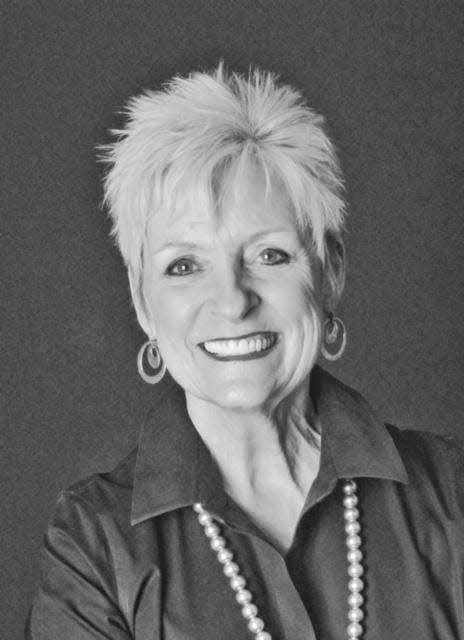The louder we defend our own opinions, the more difficult it is to understand others

This is such a simple thought, you may laugh, but it sunk deep into my soul when I read this statement from Father Richard Rohr: “Every viewpoint is a view from a point.”
What point do you come from? I’ve never considered it in such an uncomplicated way. All of us come to this day from a point. Actually, there are many points, but it is our unique mindset that determines our way of seeing and understanding the world we live in.
No wonder we differ from others and find it difficult, if not impossible, to understand each other.
How is it possible that I might accuse others of being out of their minds? Many of these people are friends and family. Actually, they are out of MY mind, not theirs. It is really so simple and certainly shouldn’t be surprising.
So, where does wisdom come into play? Like truth, shouldn’t the same wisdom be universal for all people?
If becoming wise is the work of older age, then we must become aware of this point from which we come. Rohr goes on to say: “Unless we recognize and admit our own personal and cultural viewpoints, we will never know how to decentralize our own perspective. We will live with a high degree of illusion that brings much suffering into the world.”
We are loaded with bias and, for the most part, seem to be unaware that we are immensely self-centered and self-protective. We find it impossible to see from another point of view. When a new and different thought comes into our mind, it is immediately filtered by our vantage point.
We decide quickly whether this is good or bad, right or wrong, safe or dangerous. We each stand on a mountain of ideas that form our view, and when anything approaches that mountaintop, we make our instant judgment about whether it adds to our stature or needs to be cast away.
Father Richard, who is a Topeka native, concludes: “One of the keys to wisdom is that we must recognize our own biases, our own addictive preoccupations, and those things to which, for some reason, we refuse to pay attention. Until we see these patterns we will never be able to see what we do not see. Without such critical awareness of the small self, there is little chance that any individual will produce truly great knowing or enduring wisdom.”
Quiet contemplation and honest questions are perhaps the best ways to see our own biases. Raging against others only strengthens our viewpoint. Letting go and surrendering our own righteousness — or rightness — allows us a glimpse of our small egocentric self.
It is possible that a tree of wisdom can sprout and grow and the mountain of ego can fall.
Find Connie's book, "Daily Cures: Wisdom for Healthy Aging," at www.justnowoldenough.com.
This article originally appeared on Topeka Capital-Journal: The louder we defend our opinions, the tougher it is to hear others
